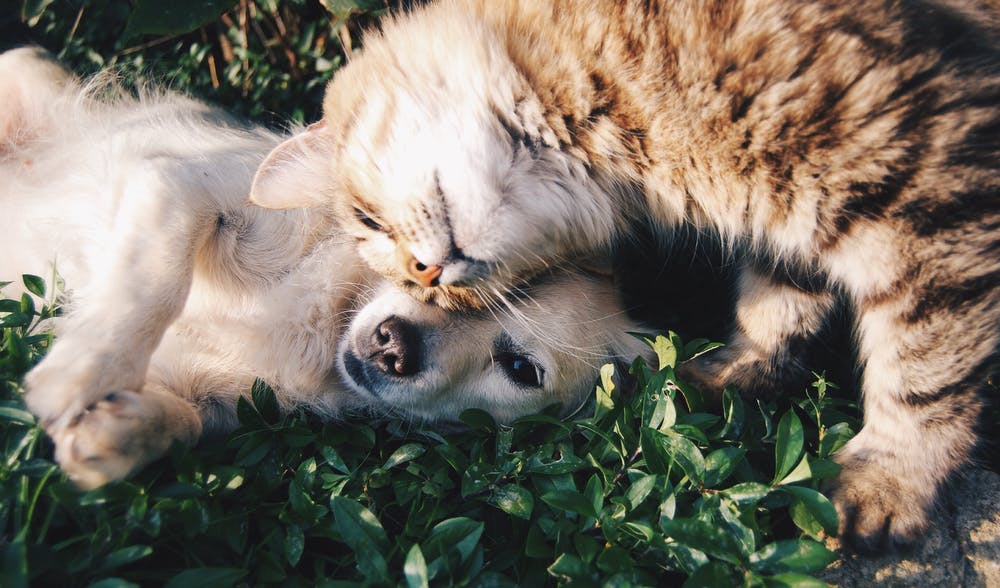Our furry friends bring incredible joy to our lives, and, in return, we must ensure that they remain happy and healthy. One of the crucial steps in guaranteeing their well-being is to vaccinate our pets regularly. Are you curious about how often you should vaccinate your pet and what vaccines they need?
In this comprehensive guide, we delve into various aspects of pet vaccinations to strengthen your understanding and help you follow the best practices for safeguarding your pet’s health.
Understanding Vaccination Schedules for Pets
Veterinary professionals carefully design vaccination schedules for pets to ensure optimal protection against various diseases and illnesses. Following prescribed schedules is of the utmost importance since it strengthens your pet’s immune system and preserves their overall health. The immunization guidelines differ for puppies, kittens, adult dogs, and adult cats, considering their specific needs and vulnerabilities.
Vaccination Schedules for Dogs
Dog vaccinations are a crucial aspect of maintaining your canine companion’s health. Puppies typically receive their first round of vaccinations at 6 to 8 weeks old, followed by booster shots at 10 to 12 weeks of age. Afterward, yearly booster vaccinations help ensure continued immunity from potentially life-threatening diseases. In addition to core vaccines, special situations such as boarding, dog shows, and exposure to other animals might require additional preventative measures.
Vaccination Schedules for Cats
Similar to dogs, kitten vaccinations start at 6 to 8 weeks of age, with boosters following at 10 to 12 weeks. Adult cats receive annual booster vaccinations to keep their immunities fully functional. Vaccination needs for outdoor cats or those participating in cat shows may differ from those strictly kept indoors.
Common Types of Pet Vaccines
Pet vaccinations broadly fall into two categories: core and non-core vaccines. Core vaccines are essential for every pet, while non-core vaccines depend on your pet’s lifestyle, risk factors, and the prevalent issues in your geographical region. Your local veterinarian can help you decide which vaccines your pet will benefit from the most.
Core Vaccines
Core vaccines protect your pet from life-threatening diseases that are common and easily transmissible. Some examples include rabies, parvovirus, and feline leukemia vaccines.
Non-Core Vaccines
Non-core vaccines might not be necessary for every pet but can provide added protection based on their needs. Examples include canine influenza, Lyme disease, and feline immunodeficiency virus vaccines.
Titer Testing for Pets
If you are uncertain about administering booster shots for your pet or feel that they may not need them, consider turning to titer testing. This process gauges your pet’s immunity levels, enabling you to make an informed decision about whether or not they require additional vaccinations. However, this method does not apply to rabies vaccines, which should be administered as your veterinarian prescribes.
Potential Side Effects of Pet Vaccinations
Like humans, pets can also experience some short-term side effects from vaccines. Some common symptoms include difficulty breathing, small red bumps or itchiness on the skin, persistent vomiting or diarrhea, collapse or fainting, and severe coughing. If you notice any concerning side effects after your pet’s vaccination, consult your veterinarian immediately to determine if further action is necessary.
Veterinary Dentistry
Just as immunizations are vital to your pet’s well-being, so is their dental health. Veterinary dentistry plays an essential role in ensuring your pet maintains their overall health by examining your pet’s mouth, diagnosing any issues, and making relevant treatment recommendations. Dental health contributes significantly to a pet’s quality of life and should not be overlooked. To learn more about vet dentistry, click here and discover how you can better support your pet’s oral health.
Costs Associated with Pet Vaccinations
The cost of vaccinations varies depending on factors like vaccine type, your pet’s age, and your geographical location. Generally, the costs of vaccines can range from $25 to $100 per shot or more. It’s important to consult your local veterinarian for accurate pricing and to plan your pet’s vaccinations accordingly.
Conclusion
Understanding the importance of pet vaccinations and adhering to proper schedules is essential to being a responsible pet owner. Be sure to consult your veterinarian for guidance on which vaccines your furry friend needs, and keep up to date on their immunizations to provide them with the best possible care. Together, we can ensure that our beloved companions enjoy a long, healthy, and happy life by our side.

